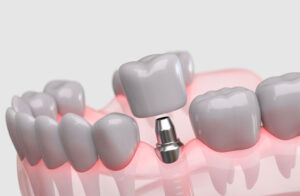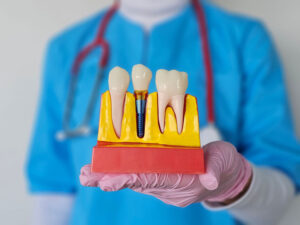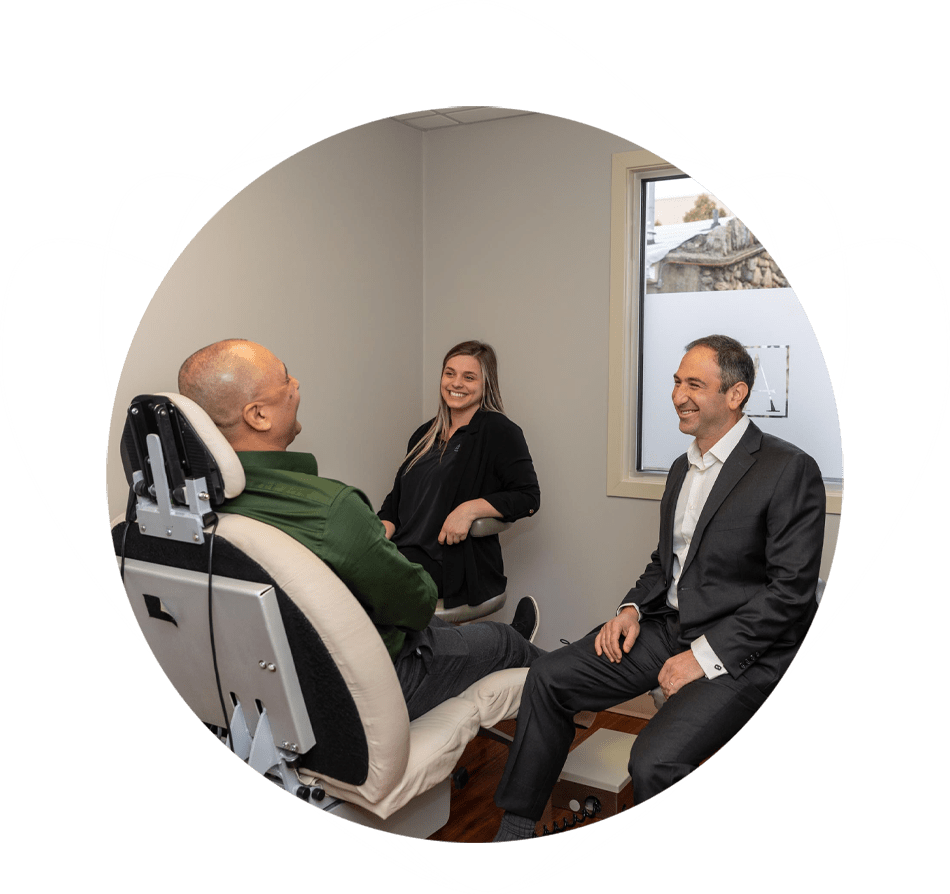Dental Implants have come a long way. One of the very first discoveries, made by an archaeologist in Honduras around 1931, found the mandible of a Mayan woman from 600 years ago that contained tooth-shaped seashells inserted into the bone. Now, advanced dental technology is making the treatment safer and more reliable. Robots have even begun performing the surgery!
Regardless of these advances, however, many patients have a similar question: “Are dental implants right for me?” If you’ve been interested in dental implants for awhile but have been reluctant to ask the question, this blog is for you.
What Are Dental Implants?
Dental Implants are prosthetic used for replacing missing teeth. While there are two types, endosteal (in the bone) and subperiosteal (under the gums), the most common is endosteal. Endosteal implants are surgically implanted into the jawbone. The high success rate, longevity, and strength of endosteal implants makes them popular. Subperiosteal implants were mostly used before the discovery of osseointegration, which allows implants to bond to your bone. Now they are rarely used.
Why Consider Dental Implants?
Dental implants are the only tooth replacement that preserves your jawbone. Stimulation produced by the roots of teeth prompt the jaw to regenerate itself. When this stimulation disappears, however, the jaw can lose bone mass, affecting surrounding teeth and even the shape of your jawline. Because dental implants use a titanium tooth root that integrates with your jaw bone, they provide the needed stimulation for your jaw.
Am I a good candidate for Dental Implants?
Because we are continually improving the procedure, many patients who believe they may not be a good candidate are mistaken. Generally, there are three main categories that affect the success of dental implants:
Oral health
Periodontal disease is the number one enemy of dental implants, so before we begin the process, this must be treated or ruled out. Other factors include the health of your jawbone, which we can accurately assess with X-rays and 3D imaging.
Smoking
Smoking can negatively affect the long-term success of dental implants for two main reasons. The first is again related to gum disease, as smoking can significantly increase the likelihood of it developing. The second is that it can impair the healing process, and may negatively affect bone density.
Patient Health
A dental implant patient must be healthy enough to undergo surgery. Untreated conditions which may complicate anesthetic or other medications may disqualify you.
Although guides like this one are helpful, the best way to determine whether dental implants are right for you is by scheduling an appointment, and speaking with your dentist. Together you can accurately assess your own situation.
If you are missing one or more teeth and live in or around Mohegan Lake, New York, please call (914) 526-2144 or contact Advanced Dentistry of Mohegan Lake online to schedule a dental implant consultation.
